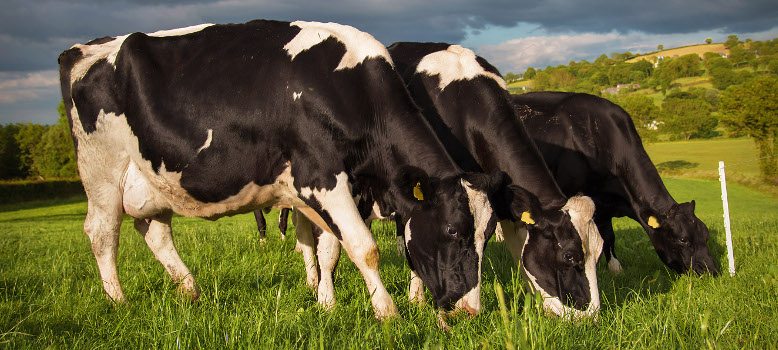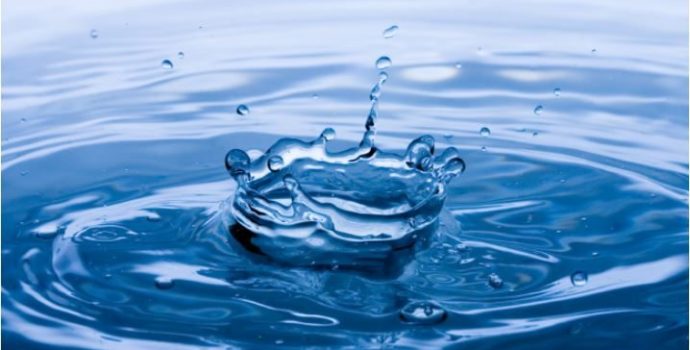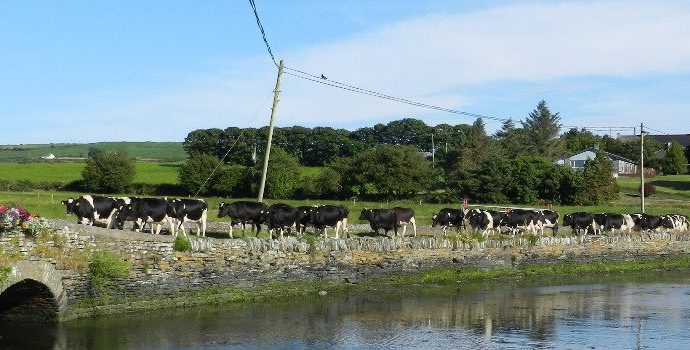
IFA President Tim Cullinan told the Joint Oireachtas Committee on Agriculture today that there is not enough scientific evidence to justify reducing Ireland’s nitrates derogation limit.
He said the EPA’s ‘Water Quality monitoring report on nitrogen and phosphorus concentrations in Irish Waters 2022’ on foot of the EU Commission requirement, which resulted in the so called “Red Map” is not the optimal approach.
“IFA’s water quality expert Shane Herlihy will outline to the Committee today a number of concerns about the commissions criteria and how it was applied by the EPA. It is clear that this red map cannot form the basis for any review,” he said.
IFA estimate that the loss to the rural economy will likely be €236m. However, the impact it will have on family farms will be much more devastating.
“Farmers will take on board scientific evidence and have implemented a huge amount of measures at farm level but what is proposed here is not logical and farmers are getting frustrated as evidence by Cork IFA’s rally last week and Kilkenny IFA’s upcoming event on Friday night,” he said.
“The Commission’s Implementing Decision of 29th April 2022 granting Ireland a derogation included the requirement to conduct a two-year review of water quality (2021 and 2022), to take place in 2023, to determine maximum stocking rate thresholds based on nitrates concentrations, eutrophic status and their respective trends – Article 12,” Tim Cullinan said.
“This condition was introduced without consultation with stakeholders and will have a significant economic impact on derogation farmers livelihoods and deliver negligible improvements to water quality,” he added.
“Article 12’s assessment of water quality is not scientifically robust. It is not fair or justified, yet it will have massive ramifications for the entire agricultural sector.”
“IFA is seeking an immediate resolution by Minister McConalogue to Article 12 and to explore alternative measures that can improve water quality without decimating farm families,” he concluded.
Read IFA’s Submission Here.




